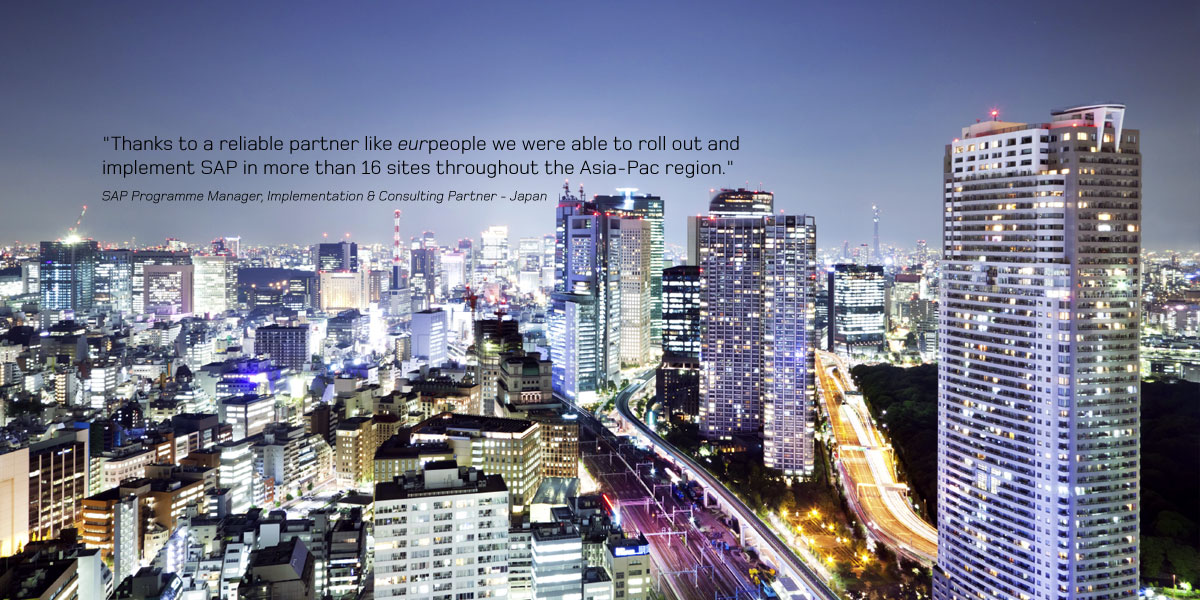Are We Becoming Information-Rich, But Knowledge-Poor?
The echo chamber is one of the more surprising evolutions of our connected age. It is defined as a virtual digital-social arena which enables anyone with to present and amplify their views with other like-minded individuals without obstruction.
Within this chamber, continuous repetition of these ideas bounce off and reinforce each other at an exponential pace. The amplitude of the echo grows, drowning out non-conforming or dissenting views and moving toward creating a single, potentially polarizing point of view about a specific issue or a topic.
Political, business, and personal brands have all used the power of the echo chamber to promote their distinctive positions and build their public identities. In U.S. politics, the phenomenon of the information echo chamber seems like it’s about to have a direct impact on the upcoming election: Voters in an echo chamber cling to narrative that reinforces their opinions of the candidates and the issues, and they discount or outright disbelieve any countervailing information.
The verticality of the echo chamber is what made it a surprise. Early on in the growth of the Web, the concern with information ubiquity was about information overload: the information torrent and its potential impact on society, not the issues of bias, selectivity, and repetition. And it’s troubling: Social scientists (notably Cass Sunstein) studying the echo chamber have consistently found that the effect is to move people to more extreme versions of their ideas, interpretations, and opinions. Even the Talking Heads’ David Byrne, who at one time thought it was just fine to stop making sense, is concerned.
Echo chambers are not only political. Corporate echo chambers keep tired strategies in place. Industry echo chambers keep business models from evolving until it’s too late. Investor echo chambers start panics or sideline capital that can be put to use. Sandy Pentland, from MIT, studied online traders and their activity of information sharing with other traders. He found that “the traders who had the right balance and diversity of ideas in their network—meaning that their social learning was neither too sparse nor too dense—had a return on investment that was 30% higher than the returns of both the isolated traders and those in the herd.”
All too often, we see this in our daily lives. In a world of social-mobile, we often make some of our most important decisions based on our preconditioned echo chambers. In a world rich with information overload, we suffer from the ailment of information underload.
That’s why I’m an advocate for information diversity. In my own professional life, I do my best to fight the gravitational pull of the echo chamber; the black hole of information. While I don’t always succeed, I have concluded that to escape from the echo chamber takes a deliberate effort in four areas:
- Read widely. It’s important (if occasionally painful) to read a variety of points of view in your own specialty, field, or industry, but it’s downright inspiring to explore tangential fields. For me, the social sciences and even neuroscience help me gain perspective on my work. It’s ironic, but even as the liberal arts are losing favor in academia, the idea behind them is the best answer to the echo chamber.
- Role play. Yes, this may be a consultant’s exercise, but it has a valuable effect. Of all the emotional impacts of the echo chamber, the loss of empathy is the most telling. Role playing, even just in your own imagination, gives you permission to put your ego aside and take someone else’s perspective.
- Shake things up. Perform visible deeds that buck the status quo or help others get out of the echo chamber. Ultimately, it’s not the conventional thinkers but the iconoclasts who accomplish great things.
- Critical thinking leads to insight. Develop a strong bench of people who aren’t afraid to tell you what they think.
The echo chamber is the downside of internally directed social and business forces that also have serious benefits: Team building. Consistency. Clarity. The information tools we use, from browser bookmarks to Twitter, are shifting the balance of understanding, engagement, and empathy away from those benefits. Let’s use those tools to expand our understanding and knowledge of the world, not contract it.
Follow me on Twitter: @vivek_bapat
For more thoughts on where technology is leading the future, see Re-imagining The Future: The Journey To Digital Transformation.
Vivek Bapat is Global Vice President of Marketing at SAP.
This story originally appeared on the Digitalist Magazine.
| Location: | Start Date: | ||
| Rate: | Duration: | ||
| Type: | Reference: |
Contact Details
To find out more about how eurpeople can cater for your needs contact us at the following:
London Office
eurpeople Recruitment Ltd
South Point House, 321 Chase Road
London, N14 6JT, United Kingdom
Middle East Rep Office
eurpeople ME Recruitment Ltd
PO Box 309, Girne
Mersin 10, Turkey












